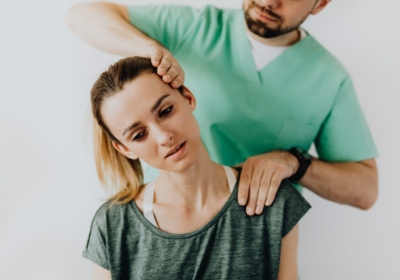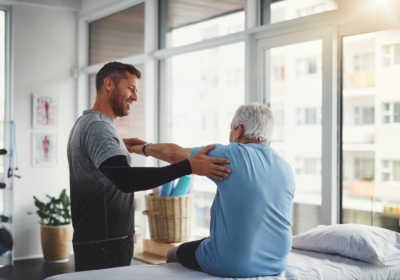If you suffer from iron deficiency anemia, you’re most likely conscious of your condition and work hard to keep yourself healthy. However, it’s not easy to be on top of things 100% of the time — and thanks to the less than pleasant side effects, even the best of us have avoided our iron supplements now and again. If you’ve found yourself in an anemic slump, feeling dizzy, weak, and exhausted, here’s how to get back to normal within a few hours.
Get Some Iron ASAP
If you have an iron supplement, now’s the time to take it. On the other hand, if you don’t have an iron supplement — or you just don’t want to deal with upset stomach and constipation — consider eating a meal of foods high in iron.
The following are good sources of iron:
- Red meat — Beef & Lamb
- Poultry — Chicken & Turkey
- Animal Liver
- Seafood — Oysters, Mussels, Clams
- Tofu (without added calcium)
- Dark green leafy vegetables — Spinach, Kale, Swiss Chard (cooked only)
- Asparagus
- Legumes — Peas, Lentils
- Mushrooms — Morel, White, and Chanterelle
- Olives
- Squash & Pumpkin Seeds
- Dried fruits — Apricots, Peaches, Prunes
- Blackstrap Molasses (one spoonful)
Since Vitamin C helps your body absorb iron, it’s also a good idea to consume foods high in vitamin C along with your meal, such as bell peppers, brussel sprouts, tomatoes, guava, mango, pineapple, cantaloupe, kiwi, strawberries, and oranges.
Don’t Ingest Anything Contraindicatory
There are a number of foods and drinks that can make it hard for your body to absorb iron, so they’re best avoided when you’re trying to increase your iron levels quickly. Watch out for the following:
- Coffee and Tea: Both coffee and tea contain chemical compounds called tannins (polyphenols) which dramatically decrease iron absorption.
- Alcohol: It can prematurely destroy your blood cells and prevent your body from producing new ones.
- Food and Drink high in Calcium: It inhibits the absorption of both non-heme and heme iron.
- Eggs: Eggs contain a phosphoprotein called phosvitin that impairs absorption of iron.
- High-fiber Foods: Phytate is a compound contained in soy protein and fiber. Even low levels can reduce iron absorption by 50-65%.
Increase Your Oxygen Intake
When your body lacks the proper amount of iron, the blood cannot carry oxygen to your organs effectively — that’s why you often end up feeling weak, exhausted, and short of breath. Once you’ve ingested an iron rich meal (or iron supplement), you can work on increasing your oxygen levels.
Start with some deep breathing. Lie down and place a pillow under your head and knees (or keep your knees bent.) Place one hand on your upper chest, and the other below the sternum and above the navel. Breathe in slowly through your nose and feel your stomach rise with your second hand. The hand on your chest should remain still. Breathe out through your mouth, allowing your stomach area relax. The hand on your chest should continue to remain still. Continue this cycle for five to ten minutes. Not only will it increase your oxygen levels, it will also leave you feeling calm and relaxed!
If you feel well enough, consider getting some exercise. When exercising, your cells burn oxygen more quickly than they do while at rest, causing carbon dioxide levels increase. The brain reacts by increasing the respiration rate of the body to supply more oxygen to the cells.
If you find your symptoms get the best of you more often than not, it might be prudent to rent a hyperbaric oxygen chamber. HBOT (hyperbaric oxygen therapy) dissolves oxygen in an increased concentration, pushing it deep into red blood cell-poor plasma. This results in oxygen-rich blood and relief of symptoms.
So there you have it; ingest some iron, avoid contraindicatory foods, give your oxygen levels a boost, and you’ll be feeling better in no time! Iron deficiency anemia can be a real pain, but as long as you know how to treat it, and focus on doing so, you can live a long and healthy life.







Recent Comments